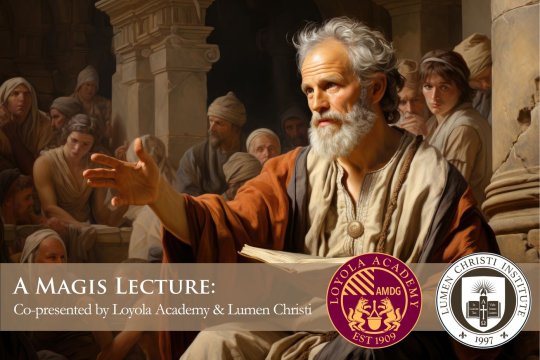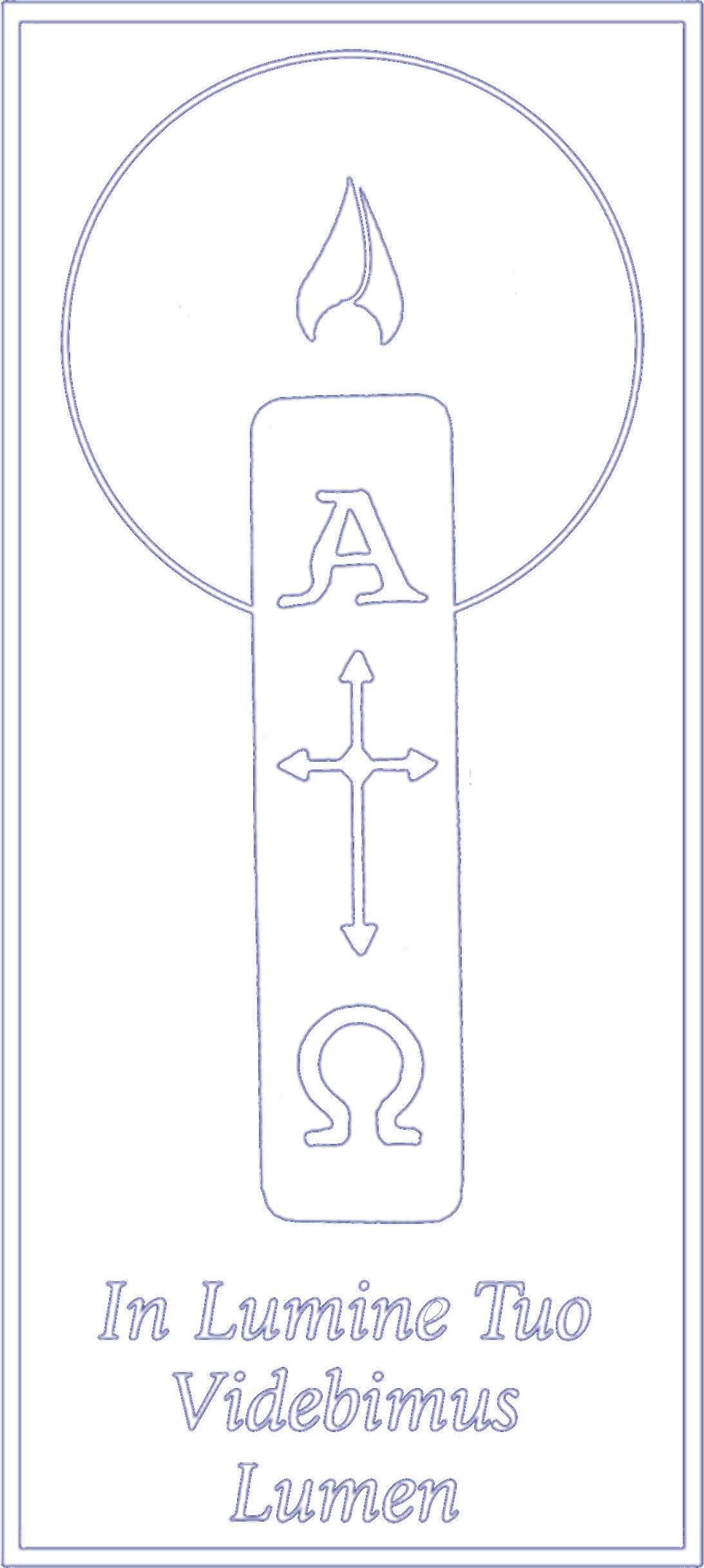Magis Lecture | Do We Know More than the Apostles? Or, Do Doctrines Develop?

Lewis Ayres Pontifical University of St. Thomas Aquinas - Angelicum, Rome
5:00 Mass | 5:45 Drinks & Hors d’Oeuvres | 6:30 Lecture | 7:15 End
REGISTER FOR THE IN-PERSON EVENT
REGISTER TO WATCH THE LECTURE VIA ZOOM
Co-presented by Loyola Academy.
Free and open to the public. Registration required. For questions, please contact Marial Corona at mcorona@lumenchristi.org.
Everyone realizes that some aspects of the Church have changed in the half-century since the Second Vatican Council. But has Catholic teaching actually changed? Moreover, can Catholics say that our understanding of the faith grows and deepens over time, that it develops? If we say “yes”, a simple but vital question follows: Can we say that we know more than the Apostles?
ABOUT THE MAGIS SERIES
The Magis Series on Faith and Reason is a partnership between the Lumen Christi Institute, St. Ignatius College Prep, and Loyola Academy to bring accessible yet sophisticated lectures on the Church's intellectual tradition to the broad lay public. The event is open to everyone from high school students to retirees. Anyone who desires a lively entree into the mind of the Church is welcome and encouraged to attend; no affiliation with either high school is needed.
Lewis Ayres, a lay Catholic theologian, holds the McDonald Agape Distinguished Chair in Early Christian Theology at the Pontifical University of St. Thomas Aquinas - Angelicum, Rome. Previously, he served as the inaugural holder of the Bede Chair of Catholic Theology at Durham University in the United Kingdom. He has also served as a Distinguished Fellow of Notre Dame's Institute for Advanced Study. The core of his research has been Trinitarian theology in Augustine and in the Greek writers of the 4th century. Ayres's period of research into patristic pneumatology has resulted in a collaborative translation of patristic texts on the Holy Spirit, but as yet the much-anticipated monograph on the subject has not appeared. Besides Trinitarian theology in this pivotal period he is also interested in the later development of Trinitarian theology and in the place of Scripture in Early Christianity – both the history of Christian reading practices from the late 2nd century and the history of what can be termed the theology of Scripture itself. He is at present writing a monograph that will concern the shifts in Patristic exegesis between AD 150 and 250. It is provisionally entitled As It Is Written: Ancient Literary Criticism and the Rise of Scripture AD 100-250.





